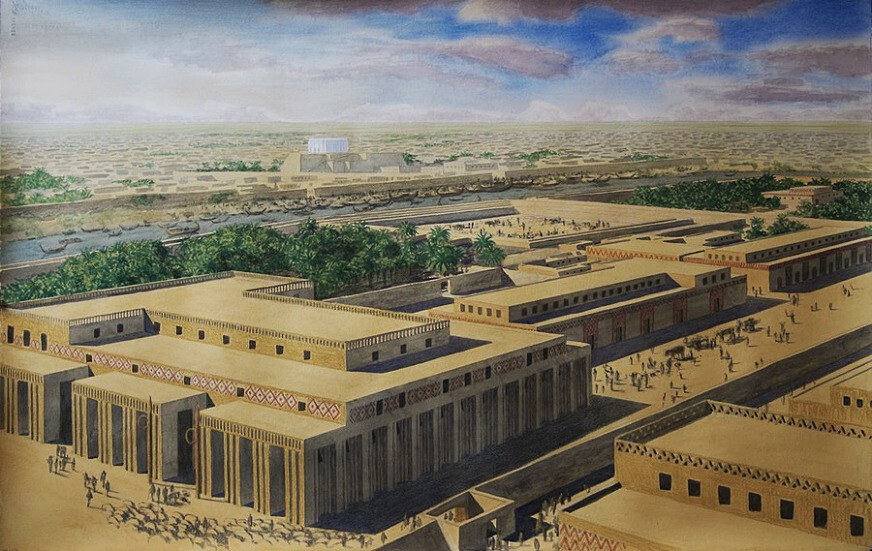
Mesopotamia, often referred to as the "Cradle of Civilization," was an ancient region located in the eastern Mediterranean, corresponding to modern-day Iraq, Kuwait, parts of Syria and Turkey. This fertile crescent, nestled between the Tigris and Euphrates rivers, gave rise to some of the earliest known human civilizations.
The Birth of Cities The Sumerians, one of the earliest civilizations in Mesopotamia, are credited with developing the first complex urban societies. They established city-states such as Ur, Uruk, and Lagash, each with its own ruler, temples, and intricate social structures. These city-states were renowned for their advanced agriculture, irrigation systems, and trade networks.
Cultural Achievements Mesopotamian civilizations made significant contributions to human history, including:
Writing: The Sumerians developed cuneiform, one of the earliest known writing systems, using a stylus to create wedge-shaped marks on clay tablets.
Mathematics: They devised a complex system of mathematics, including the concept of zero and a base-60 numeral system, which influenced later civilizations.
Law: The Code of Hammurabi, a Babylonian law code, is one of the earliest known written legal systems, outlining laws and punishments for various offenses.
Religion: Mesopotamian religions were polytheistic, with a pantheon of gods and goddesses associated with various aspects of nature and human life.
Decline and Legacy Despite their many achievements, Mesopotamian civilizations experienced periods of decline and upheaval. Factors such as climate change, over-irrigation, and invasions from neighboring peoples contributed to the eventual fall of these ancient empires.
However, the legacy of Mesopotamia continues to shape the modern world. Its advancements in agriculture, writing, mathematics, and law laid the foundation for subsequent civilizations in the region and beyond. The Mesopotamian worldview, with its emphasis on the cyclical nature of time and the importance of cosmic order, has also left an enduring mark on human thought.
[Copyright (c) Global Economic Times. All Rights Reserved.]






























